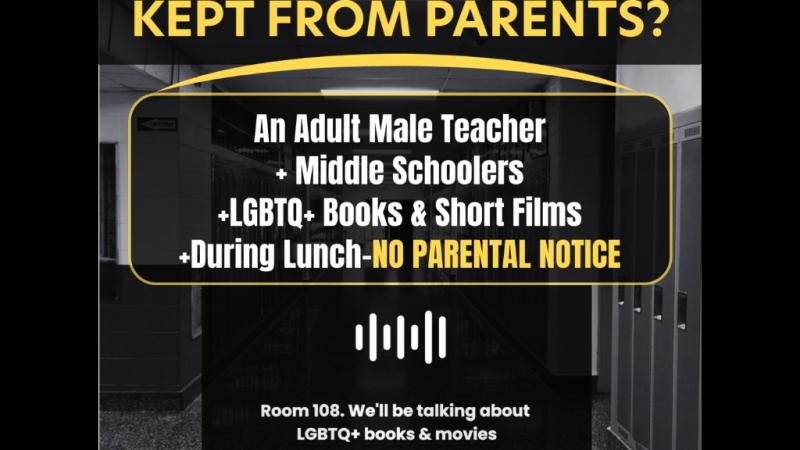Georgia university's form for tattling on COVID patients changed after legal pressure
Last month, the Southeastern Legal Foundation warned the University of North Georgia the reporting form set a 'dangerous, unconstitutional precedent' that 'could be used to stifle free speech and to violate individual privacy'
A major southern university has amended its on-campus COVID-19 reporting form after a legal group suggested the document could threaten students' constitutional First and Fourth Amendment rights.
On its website the University of North Georgia initially presented users with a "concern form," the purpose of which was to "report concerns about other UNG community members who may be positive for the COVID-19 virus or have been exposed to others who may be positive for the virus."
Visitors were instructed to provide identifying information of the "community member" suspected of either a positive COVID-19 diagnosis or of exposure to the disease; those filling out the form were also asked to reveal "the last time the person was on-campus at UNG."
The form was meant to facilitate the tracking and isolation of suspected COVID-19 patients attending the university. Numerous colleges and universities have pledged to drastically alter their campus environments and routines moving into the fall, inviting students back to campus while promising to impose strict illness mitigation measures at virtually every level of university life.
Form might be 'unconstitutionally vague and a means to censor student speech'
Late last month a legal advocacy group, the Southeastern Legal Foundation, informed the University of North Georgia that several "concerned citizens" were worried that the form had "the potential to violate students' right of privacy, [and] could also be unconstitutionally vague and a means to censor student speech."
SLF, a nonprofit firm "dedicated to advocating limited government, protecting American freedom, and defending individual liberties," told the university in a letter that the reporting form represented a "dangerous, unconstitutional precedent" insofar as it "could be used to stifle free speech and to violate individual privacy" of university community members.
The foundation argued by way of example that students could use the form to theoretically bar a controversial speaker from coming to the university. "With a Concern Form at students' fingertips, students wishing to prevent a controversial speaker from visiting campus or to stop a student organization from garnering interest in their cause can simply report members of that organization as symptomatic," the letter reads.
The foundation noted that "the category of students who can be reported in the Concern Form is boundless. Under these terms, a friend of a friend of a friend who has been exposed to a student who sneezes can be reported."
The foundation also argued that the form could pose a threat to students' Fourth Amendment rights, which protect against unreasonable search and seizure. The attorneys noted that the Supreme Court has gone so far as to rule improper cheek swabs by law enforcement as violating that amendment; asking if university officials planned to subject reported students to a significantly more invasive COVID-19 nasal swab, the foundation wrote: "Surely the university understand that this action would violate the Fourth Amendment."
University alters form after warning
The Southeastern Legal Foundation in its letter requested that the university "clarify whether and how UNG plans to investigate reports made through the Concern Form, and whether and how UNG plans to enforce measures against students who are reported as having COVID symptoms."
The University of North Georgia did not directly respond to SLF's query, but SLF General Counsel Kimberly Hermann told Just the News that the university nevertheless quietly edited its form following its receipt of the foundation's letter.
"In response to our letter pointing out the policy's potential to violate students' right of privacy and freedom of speech, UNG replaced their constitutionally suspect COVID-19 Concern Form with a COVID-19 Safety Concern Report which ... provides details on how UNG will use the information reported," Hermann said on Tuesday.
On its updated form, the university clarifies what it will do with the information students submit through it. "The information gathered through this form will be used to assess and respond to any health or safety concerns relative to the university's operations during the COVID-19 pandemic," the form now reads.
"When reports of concern are received for members of the university community who may be symptomatic or may have been directly exposed to COVID-19," the new form continues, "the university will connect with potentially affected individuals to share appropriate resources and health guidance and to initiate accommodations as needed."
In a followup letter on Wednesday, SLF commended the university for adding the clarification, calling it "needed" and expressing hope that the information "will alert students that they should not use the Concern Report to infringe on their fellow students’ First Amendment rights."
"We are hopeful that UNG will administer its new policy to not infringe on students' constitutional rights," Hermann said on Tuesday. "We will continue to monitor the situation. We never rule out litigation, but as in cases across the nation, many universities have amended speech and privacy policies once constitutional concerns have been raised."
Though the foundation was pleased by the form's revisions, Hermann warned it was still liable to abuse.
"Students still need to be aware that the information provided can be used to infringe on their constitutional rights," she said.
University officials had not responded to queries from Just the News in time for publication.














